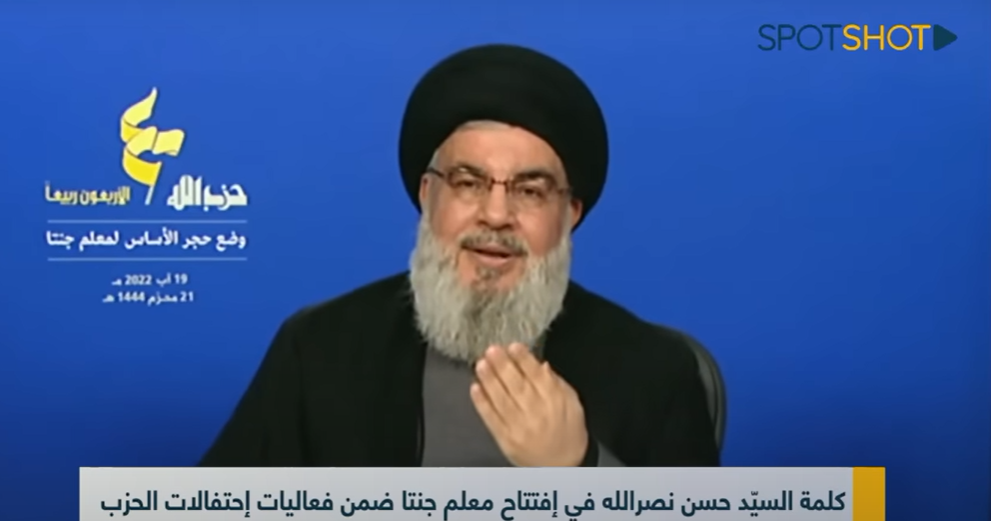Israel has carried out a bold and unprecedented attack on Hezbollah operatives in Lebanon, preparing for the group’s likely retaliation.
While Israel has not officially claimed responsibility for the operation, the Middle East widely believes it to be behind the strike, which targeted thousands of Hezbollah operatives.
The United States is working diplomatically to prevent regional escalation, though Iran is expected to play a key role in determining the nature of Hezbollah’s response.
Despite the operation’s success, Israel’s broader strategic situation remains unchanged.
The attack involved the remote detonation of thousands of pagers that had been smuggled into Lebanon and Syria from Iran and were in Hezbollah’s possession.
These devices, believed to have been rigged with explosives, killed 11 people and injured approximately 4,000, 400 of them seriously, according to Lebanese government figures.
Hezbollah has blamed Israel for the attack, vowing harsh retaliation. Israeli security sources believe that Hezbollah is preparing for a significant military response, and the Israel Defense Forces (IDF) are taking measures accordingly.
Reports from Lebanon indicate that the Iranian ambassador to Lebanon, Moujtaba Amani, was injured, and the son of Hezbollah MP Ali Amar was killed.
Analysts suggest that Iran’s Supreme Leader, Ali Khamenei, will determine the scope of Hezbollah’s retaliation, wary of triggering a broader regional conflict.
Since October 7, Iran has taken care to avoid escalating tensions, fearing an Israeli strike on its oil infrastructure or nuclear facilities.
Tehran is also mindful of U.S. domestic politics, not wanting to undermine Vice President Kamala Harris’s 2024 presidential campaign, particularly with the prospect of a Donald Trump return looming.
This operation has severely damaged Hezbollah’s standing, humiliating its leader Hassan Nasrallah, who is now under pressure to restore the group’s tarnished image.
The Israeli strike highlights both the intelligence penetration of Hezbollah and the ingenuity of Israeli operations, reportedly involving the smuggling of Taiwanese-made pagers that were secretly fitted with explosives.
This successful strike has temporarily crippled Hezbollah’s command and control infrastructure, dealing a significant blow to its operational capacity and morale.
Lebanon, already struggling economically, now faces the threat of further conflict, with civilians fearing an all-out war that could devastate the country.
Israeli Prime Minister Benjamin Netanyahu and Defense Minister Yoav Galant are holding regular consultations with defense officials to prepare for Hezbollah’s retaliation.
Security officials have suggested that Israel should strike preemptively if intelligence reveals preparations for an attack, targeting Hezbollah’s rocket, missile, and UAV stockpiles.
They argue that Israel should capitalize on this success by further degrading Hezbollah’s capabilities.
The U.S. has initiated discussions with Israel and is engaging in secret talks with Iran to prevent escalation.
The Biden administration, in particular, is concerned about any destabilizing events that could impact the upcoming U.S. presidential election.
While the operation was a tactical success, it doesn’t change Israel’s overall strategic position. Israel remains entangled with Hamas over hostages held in Gaza, but if the momentum can be maintained with a frontal assault on Hezbollah, there is a chance to push Hezbollah forces away from the northern border.
This could pave the way for a political settlement and allow the return of the tens of thousands of Israelis evacuated from northern towns.
Military officials are recommending a ground operation in southern Lebanon to establish a security buffer zone to protect Israel’s northern settlements.
The strike has bolstered Israel’s deterrence and has dealt a significant blow to Hezbollah’s morale, with direct ties to attacks the group had planned on Israeli soil.
The Shin Bet announced on September 17 that it had foiled a Hezbollah terror plot to assassinate a former senior Israeli security official.
The agency believes Unit 133, a Hezbollah group responsible for recruiting Palestinians to carry out attacks in Israel and the West Bank, was behind the attempt.




